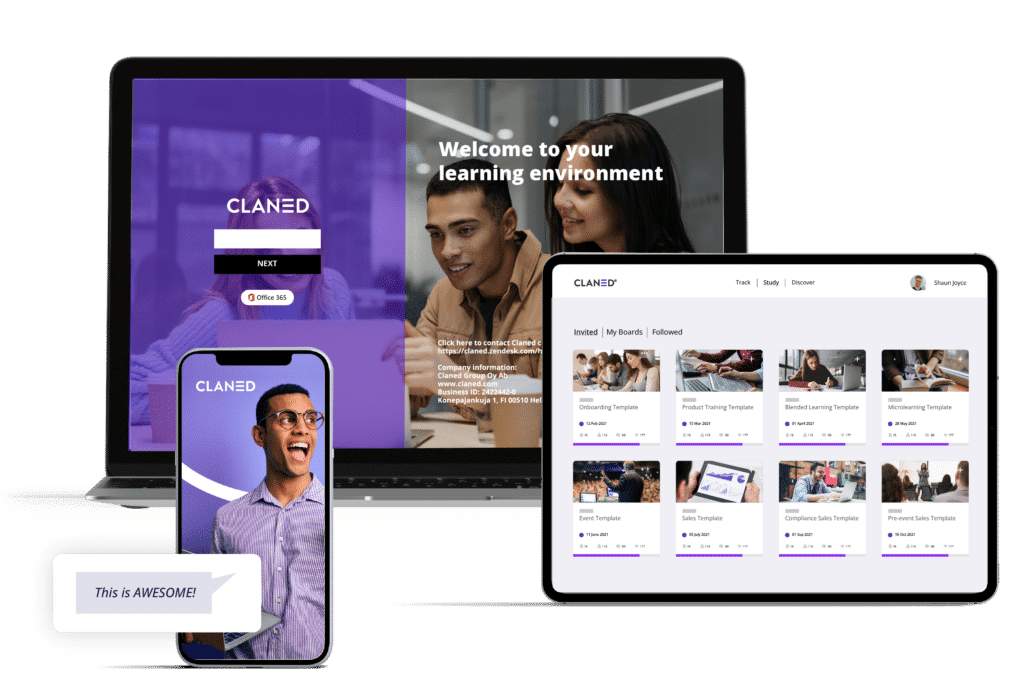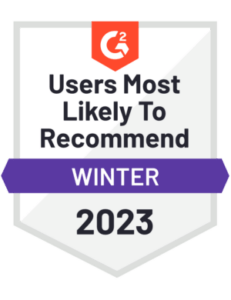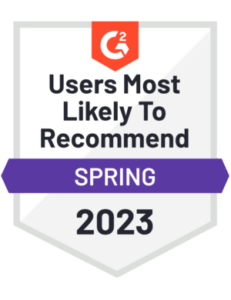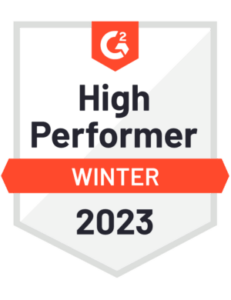SCORM-Foolery
This April Fool’s, we posted a tongue-in-cheek article evangelising the benefits of SCORM (Shareable Content Object Reference Model), an enduring but outdated e-learning technology.
Though it’s now becoming obsolete, SCORM’s previous place as the gold standard in digital learning is undeniable. We may have been a bit critical in our roast, but working at the cutting edge of online learning means we have our sights set on the future, and one thing we can count on the future to bring is change.
About twenty years ago, SCORM was a revolutionary concept. Online learning was in its infancy, and our systems weren’t yet as efficient nor robust as they are today. This made a universal format for online learning content necessary.

Back then, a shared standard ensured the ability for widespread compliance and integration across systems and spanning protocols. But in the time since, we’ve learned that when standards fail to evolve with the times, they risk becoming more trouble than they’re worth.
The Olden Days of Online Learning
In the early 2000’s, a non-programmer who wanted to build a website would have had a difficult time doing so: without at least a basic knowledge of HTML, you would need to outsource your site development. This led way to a cottage industry of scammy amateur coders to develop unethical business models and take advantage of less technical small business owners.
For e-learning facilitators, SCORM is a bit like basic HTML – super useful at the time and still useful in a handful of cases today… and really inaccessible for most users. Luckily, times have changed. If you want to build a website today, you won’t need to write all your HTML tags manually – instead, you can use a modern authoring tool, such as SquareSpace or Wordpress.
READ: What Are Authoring Tools? Insights For Course Creators And HR Managers
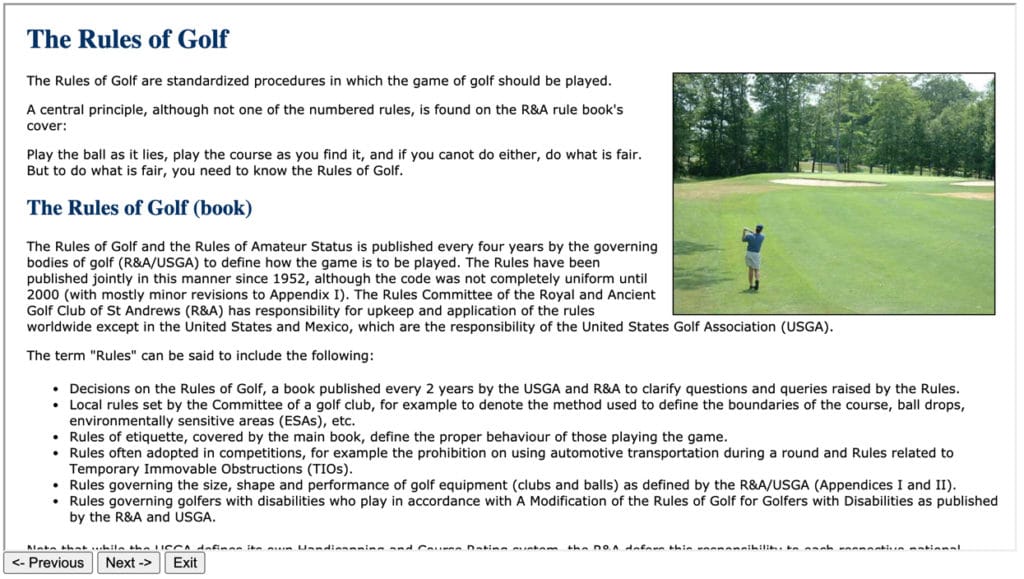
Similarly, Claned brings online learning into this century and makes online learning a better experience focused on learner engagement. Today there are plenty of tools and software available for creating online learning resources. One thing they share is that they’re adaptive, flexible, and user-friendly. Unlike SCORM. This is innovation done well.
In today’s tech-forward world, learners are used to using technology in many aspects of their lives. Social media is king, and people just don’t focus like they used to in an online environment.
Claned’s social learning platform keeps learners’ interest through contextual commenting, interactive media, real-time games, and collaborative resources. It’s a modern streamlined approach that helps them use what they learn better than the outmoded SCORM format, which are built using an authoring tool, then exported as a .zip file (also known as a SCORM package).
Time to Move Away From Outdated Systems
The SCORM package must then be ingested by a learning management system (LMS) and distributed to learners. This is inconvenient in dynamic industries as the contents of a course that’s been published cannot be modified in the LMS.
Instead, the course needs to be edited in an authoring tool, saved as a new package, and then uploaded to the LMS. This means any progress made by learners will be lost as learners will be using the new package the next time they log in.
Worse, SCORM is a closed system, so editing, adapting and rearranging content is incredibly time-consuming. If you’re making a course or reviewing one you’ve already published and notice something is wrong, you need to open the SCORM file, find the error and correct it.
This draining time sink is no longer the case: modern platforms like Claned are flexible, and you can adjust, remove or update individual course contents easily. With Claned, changes to content are made in-platform and are visible to learners immediately after publishing. Best of all, learner progress is easily tracked and analyzed.

SCORM course creation workflow is laborious, and the platform also lacks functionality and content formats of modern learning management systems. One of our goals at Claned is to help our facilitators and learners understand how online learning can be more effective than traditional models.
We look to the future, adopt change and innovate, integrating modern tools and solutions. This brings a new level of interactivity into a learning environment, and it’s critical to engaging and retaining learner interest. What separates Claned from SCORM and other LMS on the market is that in addition to built-in tools for collaboration, we also support a wide array of interactive third-party apps to spark collaboration.
Taking Online Learning into The 21st Century
ThingLink, H5P, MuseScore, and Padlet all help your facilitators ensure learner engagement. ThingLink lets learners save and share notes and observations about real-world spaces, situations and artifacts.
This takes visuality in learning to a whole new level, helping learners contextualize visual information in new and engaging ways. MuseScore (an online scoring tool) lets users create, print, and play sheet music, so aspiring Mozarts or Hans Zimmers can truly express themselves in shared space with their peers. H5P lets instructors embed content from many other LMS,’ and Padlet integrations help learners grasp material collaboratively.
READ: 5 Top Authoring Tools: For Engaging and Effective Online Learning

Though we may criticize SCORM for its flaws, we are thankful for its role in the development of online learning… and that we now find ourselves at the cusp of a new era. When we break down what doesn’t work about SCORM , we gain valuable insight that we use to make Claned better, and any success in revolutionizing online learning rewards the learners themselves and their organizations by empowering them to leave antiques in the past and go forth into the future with confidence!
Want to learn how to create an e-learning program that actually works? Book a demo today!


